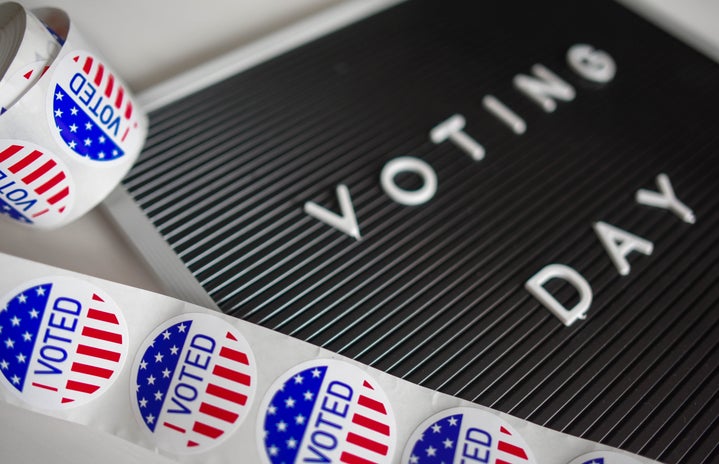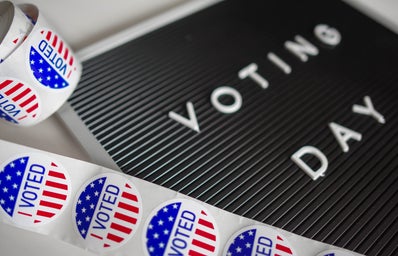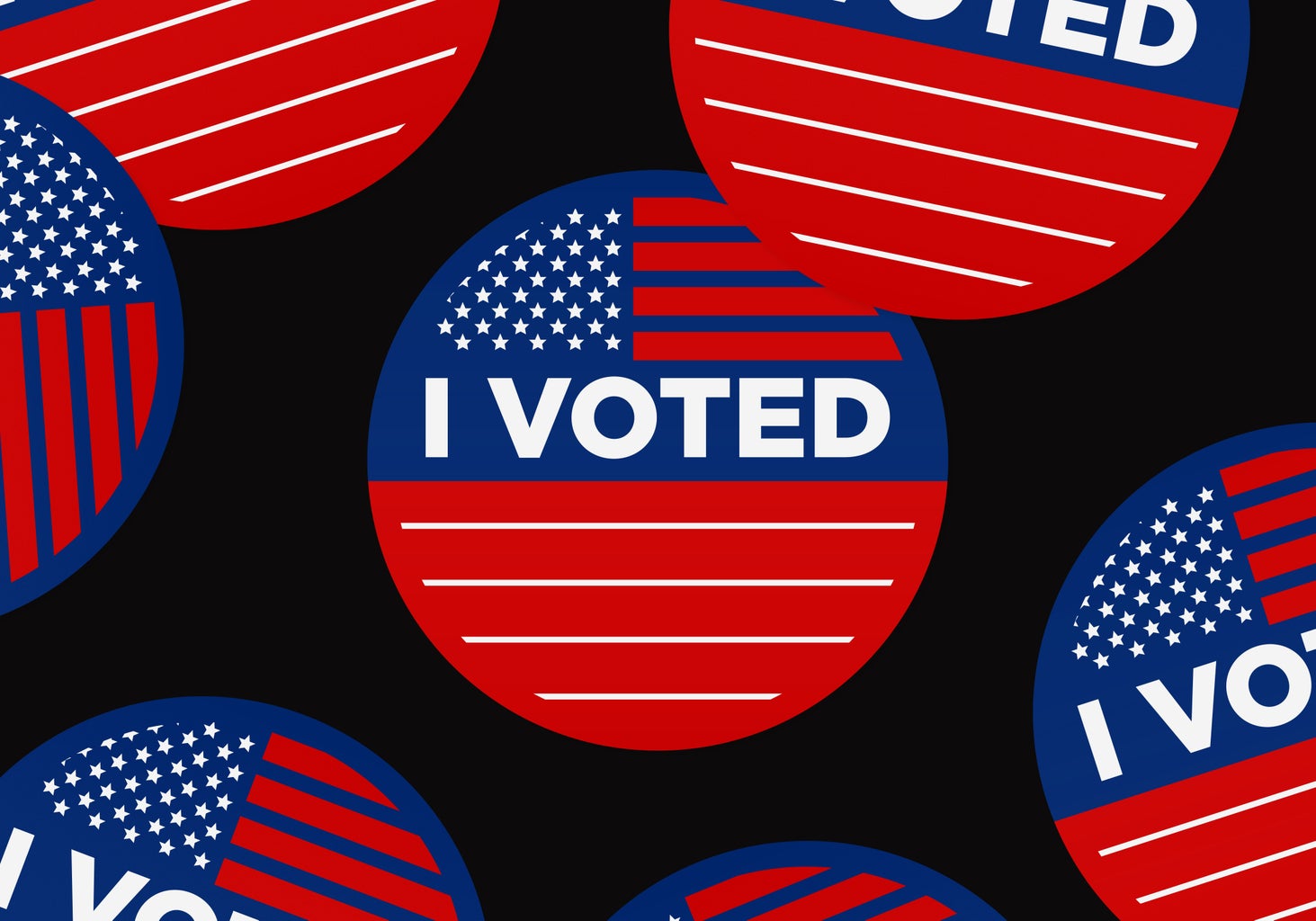This week’s grim gubernatorial election in a traditionally blue state, Virginia, has produced one of the most deja-vu-esque nights in the lives of many progressives. Think fourth season of “Veep” levels of chaos or, more timely and realistically, Clinton’s loss in 2016 type of embarrassment. Democratic incumbent Terry McAuliffe lost miserably to the newcomer technocrat and multi-millionaire Glenn Youngkin in a race that was poised to be a nail-biter but really just ended up being a slap in the face to established Democrats. I’d love to say I’m surprised but I guess this is what happens when you run your campaign like a junior city-councilor fresh on the political scene. Not only did Youngkin deliver the Commonwealth to his Republican counterparts, but he did it on a silver platter. Voter turnout broke records set in 2017, and the traditionally and overwhelmingly blue Fairfax County ended polling with a shift to the right. The governor-elect was leading McAullife by six points for the duration of the race. Ending with a solid two point lead, Youngkin will lead Virginia all the way back into the 2010s — especially and specifically with his focus on ending qualified immunity, ending mask and vaccine mandates and “becoming the party of the parents.” So what happened?
In less than 24 hours, everyone and their mother has taken to the internet to present what they feel is an appropriate hypothesis for this monumental disaster. And, with no shame and to absolutely no one’s shock, I’m here to do the same. For starters, McAullife’s campaign was akin to a scooter crash: a little less interesting than a car accident and definitely only relevant for the brief two moments you spend walking beside it. Where was the momentum? You tell me. The only memorable moment in the campaign was quite literally manufactured by the opposing candidate and even that was a high point in an election that had one trajectory from its beginning — anticlimactic and extremely mundane. And, yes, I know that is basically the same thing, but I need to reiterate the mediocracy of this painfully average campaign for a painfully average white man.
Secondly, I think it’s about time Democrats give up on the idea that running simply based on the faults of their opposition will get them elected. Crazy concept, I know, but imagine a candidate who had political opinions that actually fell on some sort of spectrum rather than being extremely average and centrist. Before you yell at me, I was not begging McAuliffe to become a socialist who chanted about the dangers of Elon Musk and Silicon Valley, but having some sort of backbone with a semblance of political ideology would’ve probably gathered some momentum, no? Call me naïve but I think even my 12-year-old brother can spot someone with actual opinions out of a crowd (especially when that crowd is defined by the numerous middle-aged, white men filling it).
Speaking of painfully average political platforms, I’m seeing less discussion surrounding the Biden administration’s influence (or lack thereof) on this unvaried campaign. If you were following this scooter-wreck, you would know that partial blame can definitely be placed on President Biden and his dismal approval ratings. After being promised a hefty sum and given pretty much nothing in Biden’s first year in office, are any of us really surprised that McAuliffe’s characterization as “a part of the establishment” didn’t help him? Specifically when that establishment is quite literally defined by one of the most uninspired leaders in modern American history. I’m aware this centrist ideology was adopted by the party out of necessity to win against a populist candidate actively burning our country beyond the foundations it was built upon. But, Biden’s monumental win in 2020 should have paved the way for more progressive ideology — or, to be honest, any ideology at all.
Nuance aside, this is one embarrassing blow to the party, its ideologies and its track record of getting anything done (which, if you’re counting, is consistently getting lower annually). This message may be a bit contemptible, but after 2016, there was an internal promise to prevent this type of defeat and, yet, here we are again.
One thing widely agreed upon in the midst of these hypotheses, however, is that if Virginia’s gubernatorial election is any indication of how these upcoming midterms will go, then there is some serious work to be done — both within the party and within the electorate that is expected to keep showing up for the party regardless of if the party ever shows up for them.
Want to keep up with HCBU? Make sure to like us on Facebook, follow us on Instagram, check out our Pinterest board, and read our latest Tweets!




